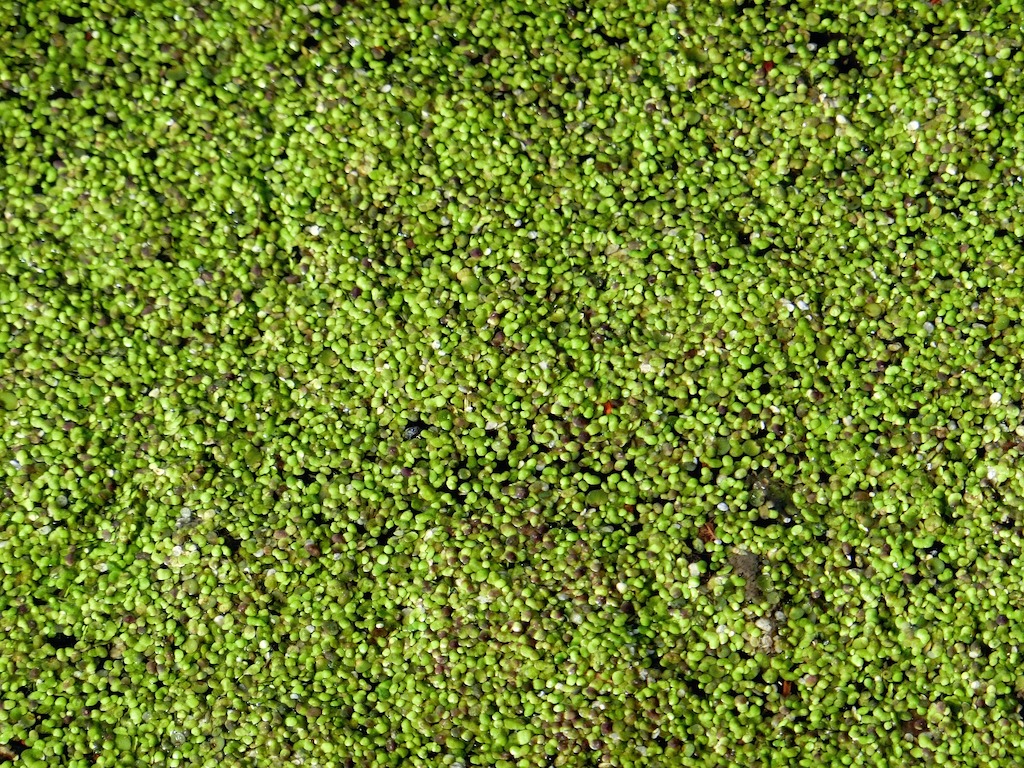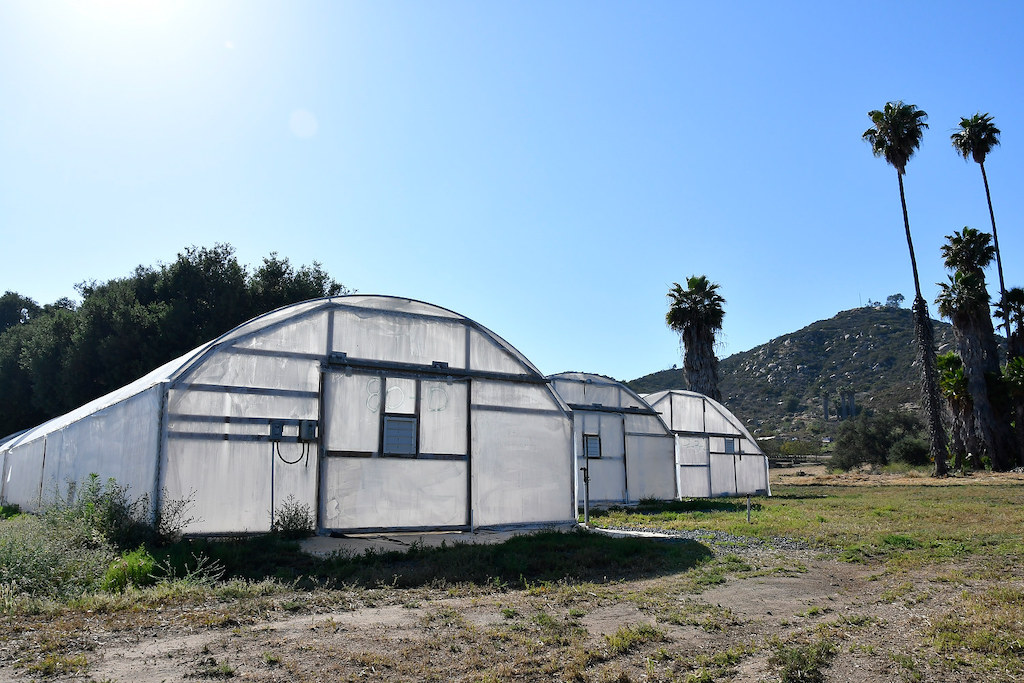3 Mins Read
Plantible Foods, the company behind the duckweed-based protein, has just secured $21.5 million in its Series A round. The funding will go towards building its first commercial-scale production facility, ahead of its plan to launch its sustainable and nutrient-dense product, Rubi Protein, by 2022.
Plantible Foods has closed its Series A round with $21.5 million, led by agrifood investors Astanor Ventures, which lists v2food, Apeel and Stockeld Dreamery among its portfolio companies. Other investors joining the round include Piva Capital, Kellogg’s Eighteen94 Capital and CJ CheilJedang, the South Korean food giant.
Notable angel investors including Mammoth Biosciences founder Trevor Martin, and Google’s product VP Bradley Horowitz. The latest financing brings Plantible’s total capital raised to date to $27 million.
Duckweed protein launch by 2022
Plantible says that the capital injection will fuel its plans to launch its lemna-based protein ingredient, Rubi Protein, by 2022. Rubi is produced using lemna, more commonly known as duckweed, a species of free-floating aquatic plant that is protein-efficient and easily grown throughout the year in a controlled environment.

Compared to other plant-based protein crops that are widely used in vegan alternatives at the moment, such as soy, lemna boasts even higher amounts of protein while requiring fewer resources. Compared to soy, it yields around 10-times more protein per acre and uses up just a tenth of the water.
According to the San Diego-based startup, its lemna-derived protein is able to “emulate the functional characteristics of widely used animal-based protein,” which allows alt-protein companies to recreate the taste, texture and mouthfeel of real animal-based products using just plant-based ingredients.
The three-year-old company has already managed to scale production of Rubi Protein by 150-fold in its small-scale pilot plant, and fuelled by fresh funds, is now ready to build its first commercial facility. Plans are underway to commercialise Rubi next year, selling the product via a B2B model to other food companies.
‘We aren’t competing with other plant proteins’
Tony Martens, co-founder and CEO of Plantible, says that the firm isn’t trying to displace other plant-based protein sources. Instead, the company is focused on diversifying the range of crops that alt-protein firms are using—which currently is predominantly made up of soy, wheat and peas.
“Plantible is not competing with other plant proteins, our goal is to remove chickens and cows from the food supply system,” Marten explains. “But currently available plant proteins don’t pull their weight when it comes to competing with animal-based products on taste and nutrition.”

“By combining plant science, biochemistry and engineering, we are able to create drop-in replacements for these widely used animal-derived proteins without forcing consumers to sacrifice on either taste or nutrition, paving the way for an accelerated transition towards a healthier planet,” he continued.
Last year, a report highlighted the need for food techs to tap into a wider range of crops that are widely available, sustainably grown and could provide additional functional benefits to develop better-tasting products. Among some of the crops listed included chickpeas and potatoes, the former now being tapped by Israeli food tech ChickP and the latter leveraged by British supplier Branston.
Lead investor Astanor Ventures cited this as one of the main reasons for backing Plantible. “Beyond the transition away from animal-based protein, the diversification of plant-based protein sources is fundamental to ensuring that the agri-food system will not depend on a set of monocultures,” said partner Christina Ulardic.
Lead image courtesy of Plantible Foods.




